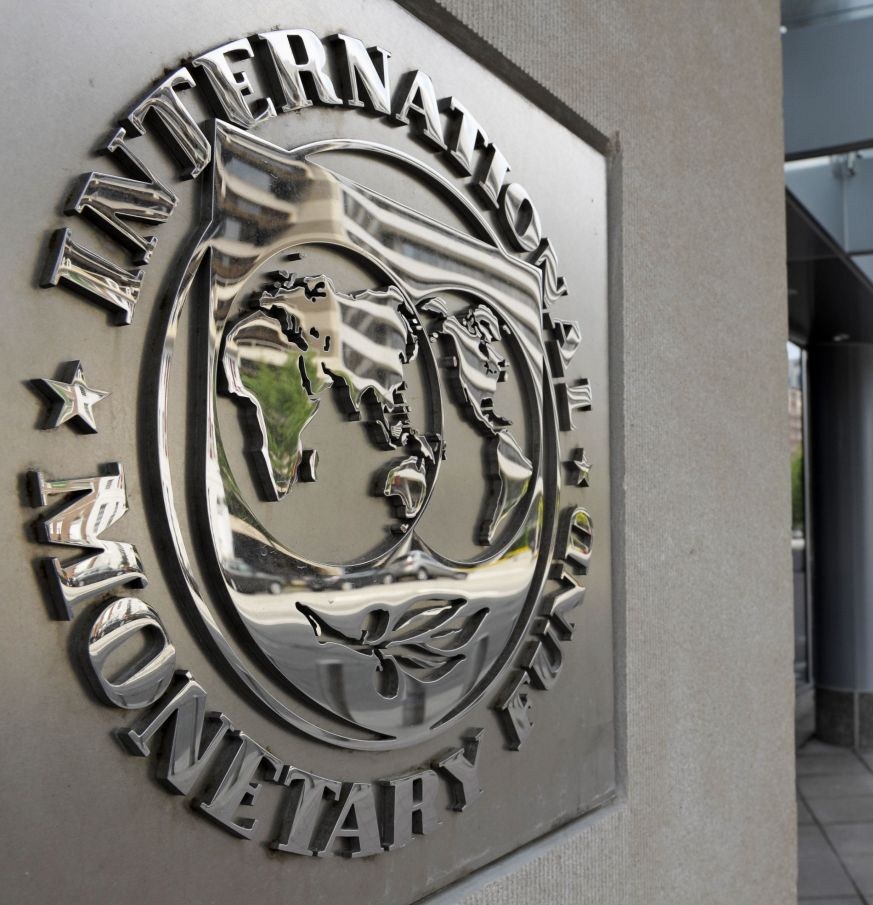The International Monetary Fund (IMF) recently concluded its Article IV mission with the authorities of Guyana and challenges related to the oil sector were high on the list of topics for discussion. According to the statement that was released by the IMF less than 20 minutes ago, the government expressed concerns to the IMF team about the absence of a ring-fencing arrangement and what this could mean for Guyana’s oil wealth.
Ring-fencing provisions prevent the oil company from transferring the expenses related at an unsuccessful well to another that has proven reserves. If the operator is able to do this, then it can recover such costs, thereby reducing the profits left to be divided between itself and the State.
In its statement, the Fund specifically said, “The authorities [government] have indicated their concerns that the absence of a ring-fencing arrangement in the Stabroek Production Sharing Agreement could potentially affect the projected flow of government oil revenues. The rapid appraisal and development of multiple oil fields could affect the timing and amount of profit oil to be shared with the government from a producing oil field by allocating costs from various fields under development to the producing field.”
The Fund noted that the authorities are developing strategies to mitigate such a possibility, including a national oil depletion policy to guide extraction and production and clearer ring-fencing rules for new investments.













